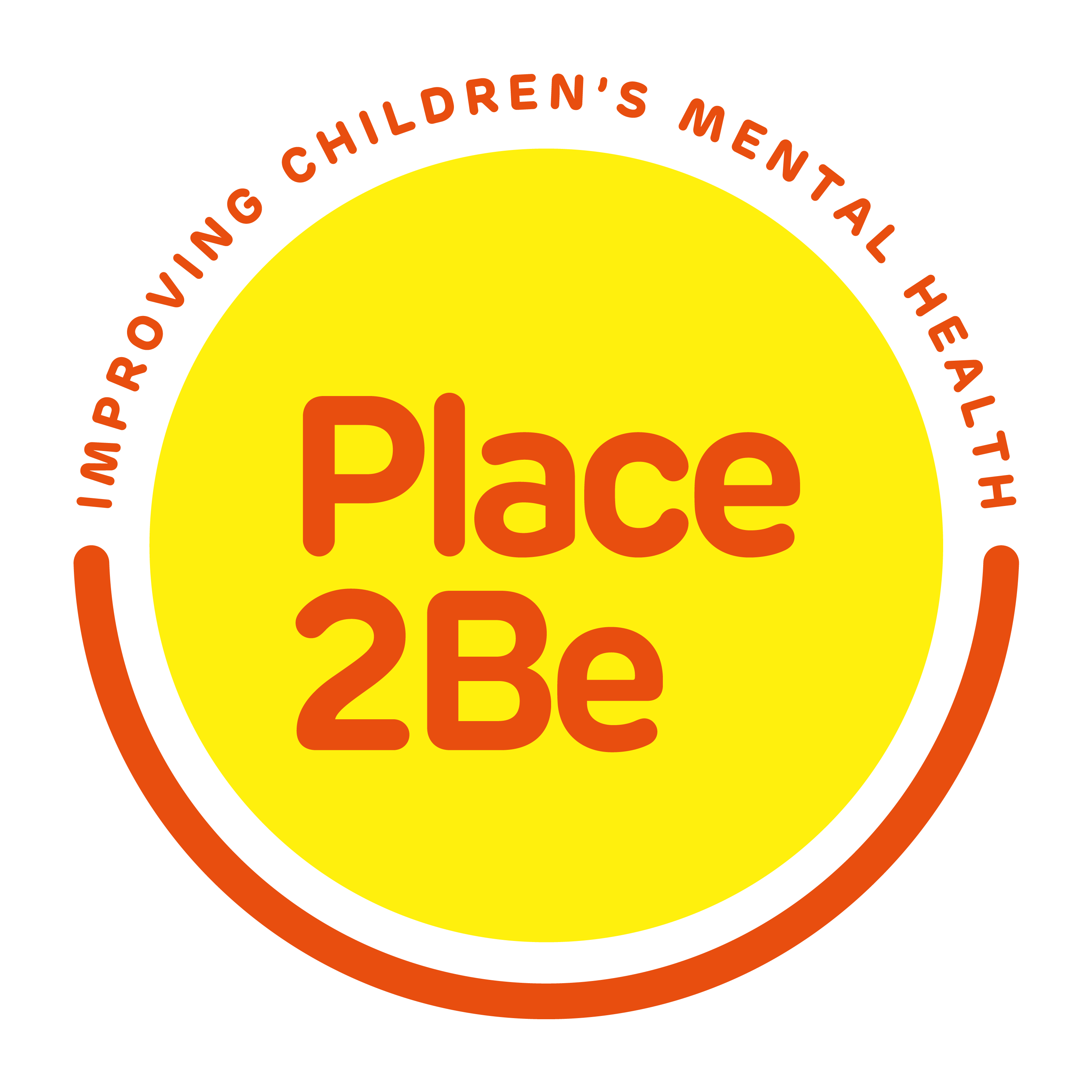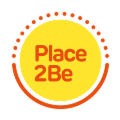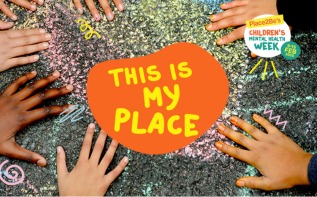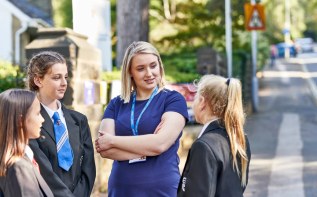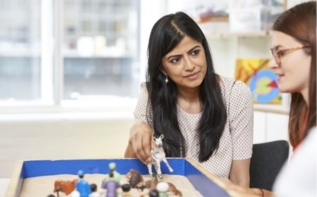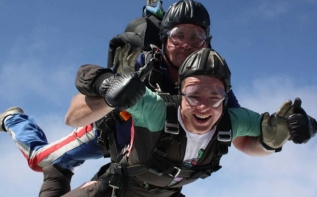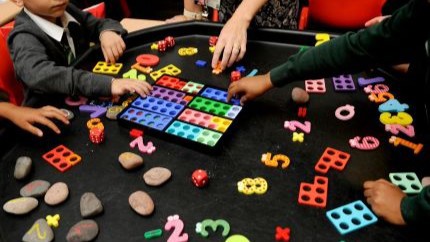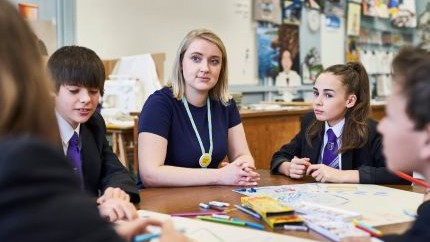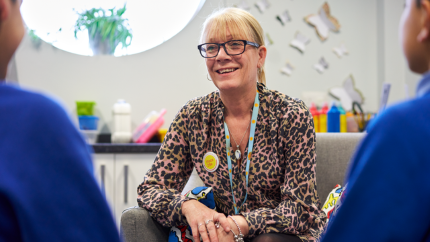Community Focus: Delivering mental health support in Orkney
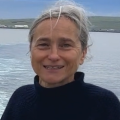
Cassia is the Mental Health Practitioner for Orkney primaries in Orkney, Scotland.
Follow Cassia's journey to becoming Orkney primaries' in-school Mental Health Practitioner through her self-reflection and a series of short films.
Quick facts about Place2Be in Orkney
- Place2Be has the full embedded service in two Orkney schools – Glaitness School and Papdale Primary School – as well as providing in-person outreach to schools across the Orkney mainland.
- Our in-school services in Orkney are Place2Be's most Northerly – 710 miles from our Head Office in London.
- In 2024-25, we supported 113 children across 189 sessions via our self-referral drop-in service (Place2Talk) and 24 children across 295 1-1 counselling sessions.
- We also supported school staff through delivering 123 Place2Think reflective practice sessions and families through 111 Parent Partnership support sessions.
What does your 'typical week' look like?
I live in a cottage on an island off mainland Orkney. The ferry ride takes 25 minutes each way, and I almost always sit on deck, whatever the weather. This journey helps me adjust – to prepare and unfurl. The distance feels protective and helps to maintain clinical boundaries. But, at times, it can feel solitary.
There are 20 primary schools in Orkney – all, potentially, under my remit. But it is impossible to serve that number as a single therapist. So I currently work in five.
It is a full-time job, and I have been here for over a year – helping to build a therapeutic service from the ground up. The challenge is to understand the needs, fears and hopes of those I work with - parents, children and school staff; to build trust in the community and, more widely, to create stronger links between mental health services which can feel – like the archipelago itself - unjoined and dispersed.
Four days a week, my time is divided between the two larger schools in Kirkwall, Orkney’s main town. Contractually, my Fridays are designated for online work, but I soon discovered there is little appetite for this here in Orkney. Face-to-face, confidential and intimate exchanges are highly valued, once trust is established. In any case, adding ‘remoteness’ to ‘remoteness’ feels counter-productive.
So, from early on, I decided to make Fridays a ‘road trip’ and I drive past the shipwrecks of Scapa flow, along the Churchill barriers, and past the Italian chapel to visit the schools of East Mainland. This offers a leaner, less embedded service, but – I hope – still a meaningful one.
I am moved by the respect and affection school staff show their pupils and by the strong sense of collective responsibility shown for each child. There is a culture of reflexive group practice, therefore, an ease in collaborating with staff members. This is hugely valuable for the therapeutic work, and also a pleasure.
What are the unique challenges of working in Orkney?
The geography and weather of Orkney determine the rhythm and tone of daily life, often causing disruption. In this context, creating a consistent mental health service can be challenging.
Orkney’s ‘outlying’ nature brings infrastructural limitations. For example, there is a shortage of housing and building services, and positions are hard to fill. This adds pressure and workload to those working here – and often strain. In mental health and social services, I have found that professionals (and organisations) come and go. This causes frequent absences and sudden changes. A revolving door. And juddering inconsistencies appear.
Orcadians and incomers often need to find solutions to important personal matters off island – for example specialist medical issues, mental health provisions, jobs, training opportunities. Families can suffer prolonged absences with practical and emotional burdens falling heavily both on those away and those left behind. This can create family fragmentation - feelings of loss and dislocation.
Resilience is a word often applied to Orcadians. It is a tight-knit island community, often supportive in times of adversity. But it can be ‘leaky’ – information spreading, distorting easily and quickly and reshaping the social landscape.
In order to protect your privacy and reputation, you have to take extra measures – to ‘triple glaze’ and isolate. Such unhelpful defences can calcify into hardness, wornness, shrugs of acceptance. A resilience that does not thrive.
This is maybe why I do a lot of parent work. On the whole, those parents I meet seem interested in exploring their own histories and challenges. And, importantly, they genuinely want to consider how their experiences may impact their children.
While overall I find the range of work inspiring, perhaps it is the transgenerational aspect of my practice that is the richest – and most moving.
Now, over a year in my role, I hope I have set some foundations for a flourishing Place2Be service in Orkney. There is so much valuable and fulfilling work to do here, in identifying and deepening knowledge of unconscious processes and developing reflective practice across all parts of the community.
Remoteness can mean forgottenness. The challenge is to build a team of therapists to extend our in-person reach to the outer islands and to bring equity of mental health support to all Orkney communities, no matter how much water one has to cross.
